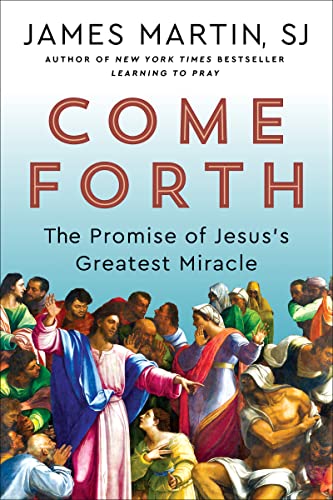Q. Why do you think Jesus only addresses his mother as ‘woman’, not as mother or by name in her two appearances in the Fourth Gospel—in John 2 and John 19? And why the emphasis in John 7.5 that the brothers were not followers of Jesus during the ministry, though they knew he could do signs and wonders? It appears both the Synoptics and John go out of their way to show Jesus distancing himself from his physical family to some degree. Why?
A. That is another very good question. And even, more pointedly, we can ask why the words that Jesus says to his mother at the Wedding Feast of Cana, “Ti emoi kai soi?” are the same that a demon uses to Jesus in Luke: “Ti hēmin kai soi?” Basically, it’s a harsh, “Who are you to me/us?” It’s very strong. And of course then he calls her “Woman.”
The theme of Jesus’s distance from his family is also present in the Synoptics, as you noted. For example, in Mark 3, his family comes to “arrest” or “seize” him because they (as others did) thought he was “out of his mind.” Sometimes I read that to people, and they say, “That’s in the Gospels?”
The best answer came from the late Daniel J. Harrington, SJ, my New Testament professor in graduate school, whose work has been very important for me. I asked him once about these passages and specifically about Jesus’s response to his mother and family when they arrive at Capernaum in Mark 3. As everyone will remember, he looks at those gathered around him and says, “Who are my mother and my brothers? … Whoever does the will of God is my brother and sister and mother.”
Dan said to me plainly, “For Jesus, ties to the Father were more important than ties to family.” So it’s not a kind of hatred of family as much as it is about priorities.













